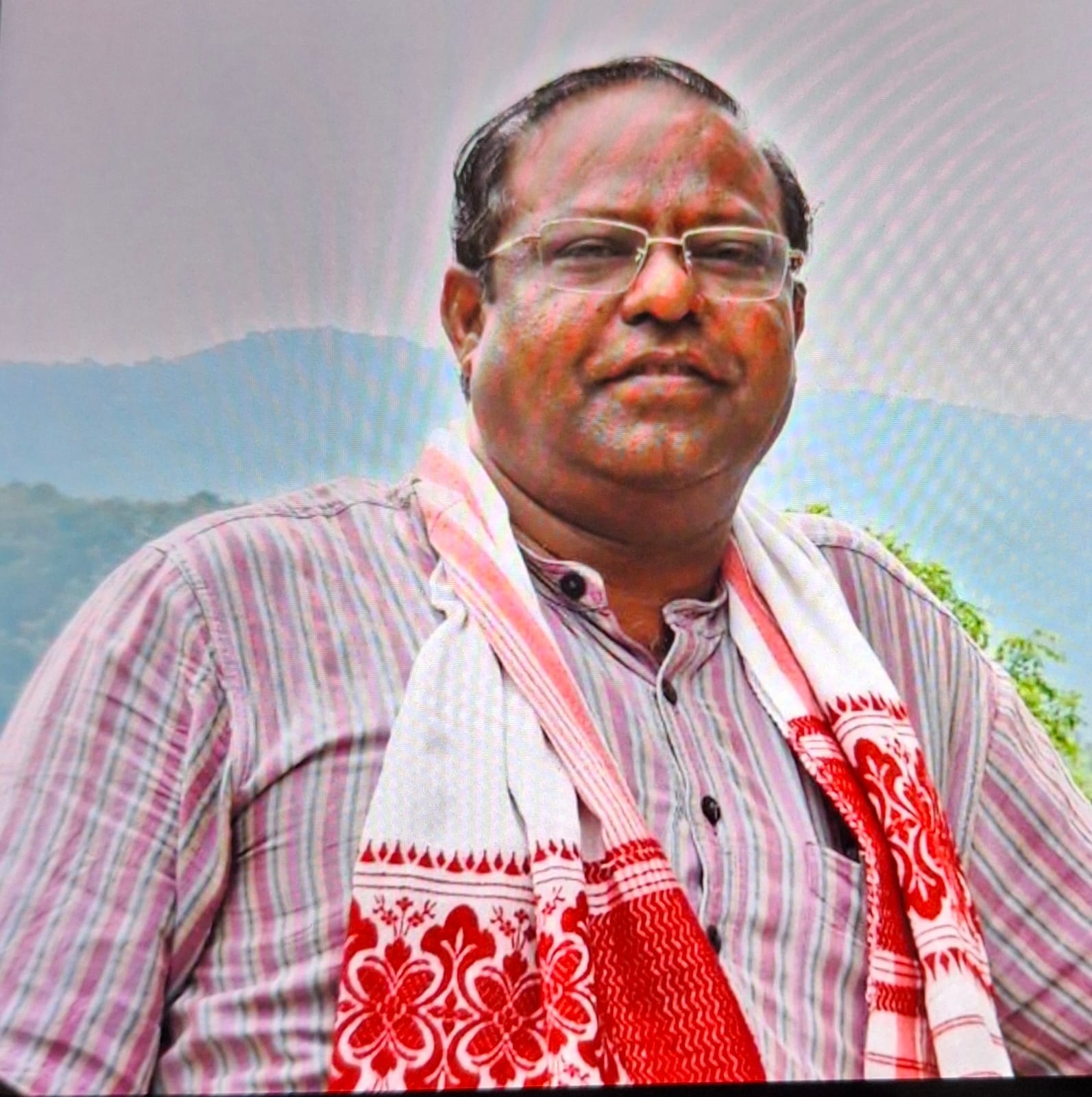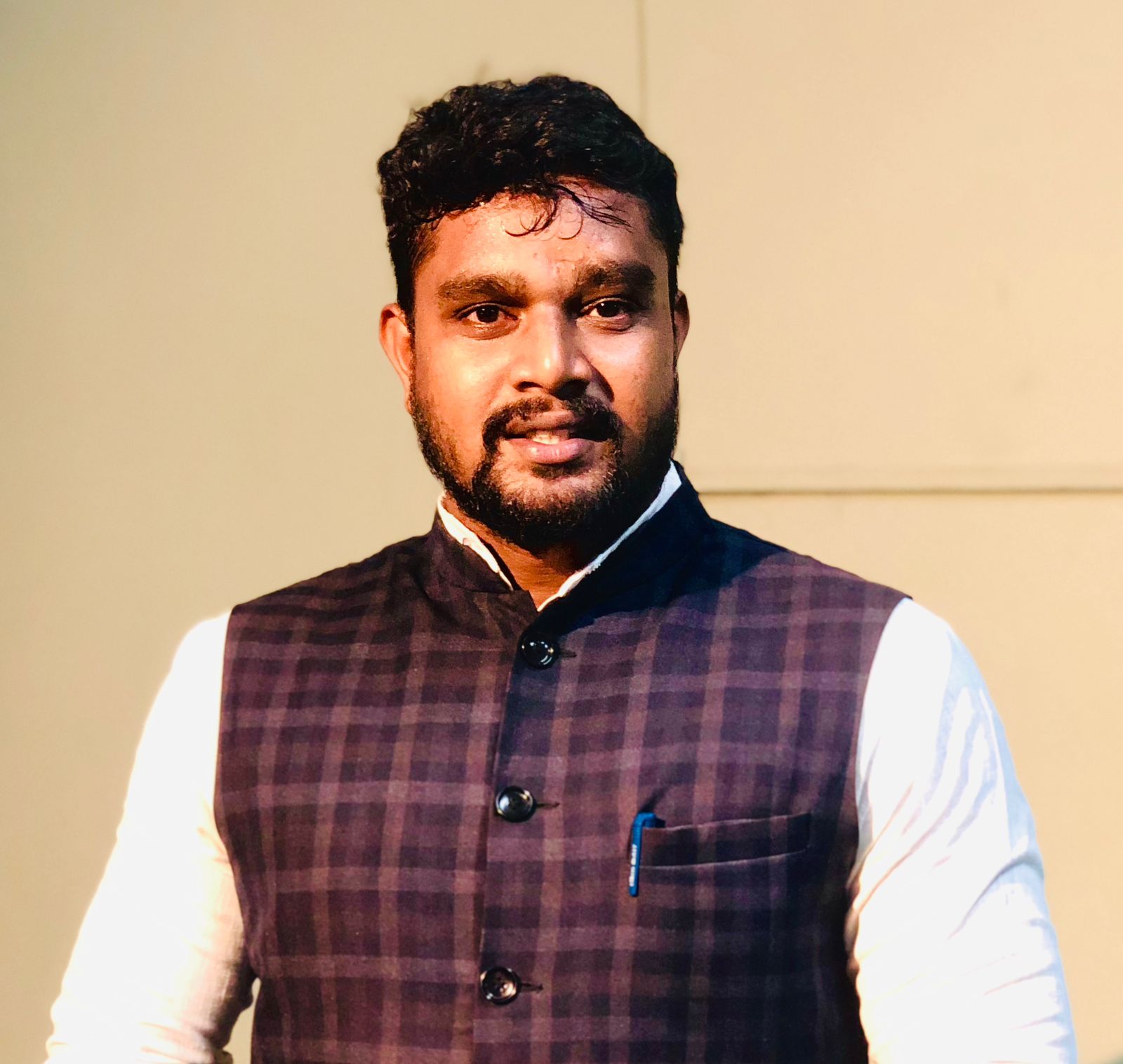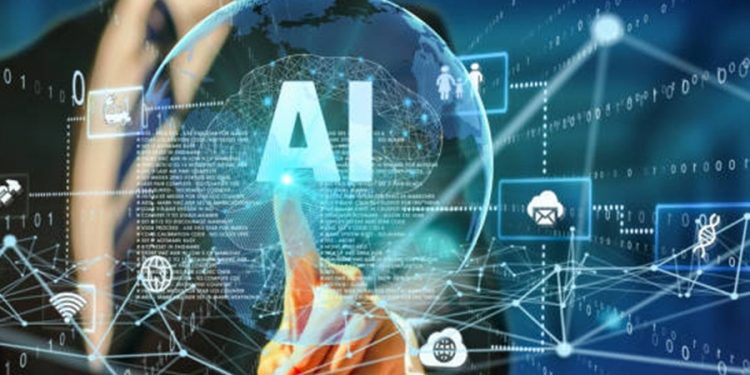RESHMI YADAV, OP
Bhubaneswar: As the world marks Teachers’ Day (Sept 5), India observes it in honour of Sarvepalli Radhakrishnan, philosopher, statesman, and the nation’s second President. Classrooms have evolved over the decades—from chalk and duster to smart boards, from registers to biometric attendance. Yet, in today’s technology-driven era, one question persists: Can Artificial Intelligence (AI) ever replace teachers?
Education leaders in Odisha believe the answer is no. “AI might bring changes to the academic sector, but it can never replace teachers. In physical teaching, the emotional quotient plays a key role in helping students understand concepts—something AI lacks compared to its intelligence quotient,” said Narsingh Majhi, PRO and Assistant Professor of Journalism and Mass Communication, Rama Devi Women’s University. Majhi further highlighted the evolution of pedagogy. “Teaching through Information and Communication Technology (ICT) is more effective. Without it, gaining deep subject knowledge is difficult. Chalk and duster are outdated; smart boards have become essential. But the myth that technology will replace teachers is unfounded,” he noted.
Also Read: RIL’s AI push: Mukesh Ambani announces new AI subsidiary, pacts with Google, Meta

Fr A Amaladoss, SJ, Principal of Loyola School, Bhubaneswar, echoed similar views, stating, “AI is unlikely to replace teachers entirely. While it can aid personalised learning and automated grading, it lacks the human touch and emotional intelligence. Teachers shape students’ character, values, and social skills—things AI cannot replicate.” He added that while earlier classrooms relied heavily on rote learning and textbooks, today’s digital tools have made learning more interactive and accessible.

Sanghamitra Bhanja, HOD and Asst. Professor of Odia at Rama Devi Women’s University, stressed that globalisation is genuine, but education must remain rooted in culture. “Our system should be based on our ancient culture and heritage. Teachers should have the option to choose their way of teaching,” she observed.

Sachin Mohapatra, state president of the Rashtriya Kisan Mazdoor Mahasangh Odisha, farmer leader and teacher, said, “In the remote Chandaka Forest region, children have little access to education or proper guidance. Many spend their days herding cattle instead of attending school. I realised that without direction, they might drift into crime, so I began teaching them.” “Today, nearly 350 students from different villages are under my guidance. Some have secured admission in schools, colleges, rehabilitation centres, and even institutions like KISS. I believe it is education and guidance—not money or clothes— that truly transform lives. To spark curiosity in science, I even introduced a drone-testing setup in the village,” Mohapatra said. “AI is an exciting subject, but for children without access to basic education, the first need is proper teachers and mentors. Technology can assist, but it can never replace a teacher,” Mohapatra added.







































